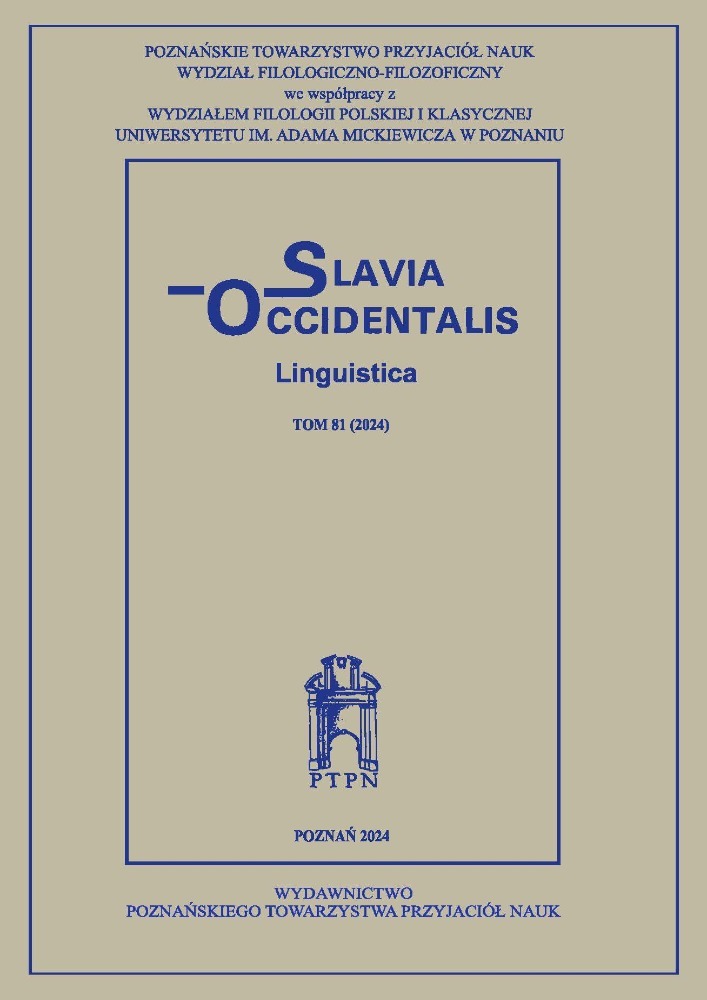Abstrakt
An adequate artistic translation of the world-famous Hašek´s novel „The Fateful Adventures of the Good Soldier Švejk During the World War“ is exceedingly difficult. Although we start from the position of translatability, it is necessary to point out a lot of problems and challenges which can be resolved only with extreme difficulties. Let us remind of Hašek´s comic relief, expressivity, period allusions and reality, functional alternation of colloquial and literary language, many slang expressions and other phenomena like stammering, mutilated Czech and some hard to translate grammar forms (for exapmle addressing an individual in plural). This article focuses above all on the traslation of passages written in foreign languages. In this respect, the novel offers a wide range of examples in Latin, Hungarian, Polish, Russian and Serbo-Croatian (even in their deformed form). When handling passages written in foreign languages, a translator should bear in mind the author’s communication purposes (for example,
evoking an atmosphere of a foreign milieu or a comic situation), at the same time ensuring that they are understandable to a reader. In general, it is recommended to translate passages important from a semantic point of view and reduce their strangeness merely to the form of an indication (for example, adding “He said in Turkish“ after direct speech). The article analyses and comments on four methods of translation as proposed by A. V. Tchirikov.
Bibliografia
Čirikov A.V., 1982, Kak postupať perevodčiku s inojazyčnymi vstavkami v originale?, „Tětradi perevodčika“ 19, s. 113-115.
Daneš F., 1954, Příspěvek k poznání jazyka a slohu Haškových „Osudů dobrého vojáka Švejka“, „Naše řeč“ 37, s. 124-139.
Dičev B., 2010, Jazykové aspekty hanlivého humoru Haškova Švejka v porovnání s jeho bulharským překladem, Praha (diplomová práce FF UK).
Dmitrieva J., 2019, Problematika překladu obecné češtiny (srovnání dialogů v originálu a překladu románu Dobrý voják Švejk do ruštiny), Praha (bakalářská práce FF UK).
Hrabák J., 1962, Několik úvah o obecné češtině a vulgarismech v současné české próze, „Naše řeč“ 43, s. 289-298.
Horálek K., 1966, Příspěvky k teorii překladu, Praha.
Horálek K., 1977, Slovo, věta a promluva, „Slovo a slovesnost“ 38, s. 259-262.
Hrdlička M., 2014, Překladatelské miniatury, Praha.
Ilek B., 1970, O specifičnosti překladového textu, „Bulletin Ústavu ruského jazyka a literatury“ 14, s. 51-56.
Ilek B., 1975, Překlad jako zrcadlo stylu, „Bulletin Ústavu ruského jazyka a literatury“ 19, s. 143-158.
Levý J., 1983, Umění překladu, Praha.
Mareš P., 2012, Nejen jazykem českým. Studie o vícejazyčnosti v literatuře, Praha.
Licencja
Prawa autorskie (c) 2024 MILAN HRDLIČKA

Utwór dostępny jest na licencji Creative Commons Uznanie autorstwa – Użycie niekomercyjne – Bez utworów zależnych 4.0 Międzynarodowe.

